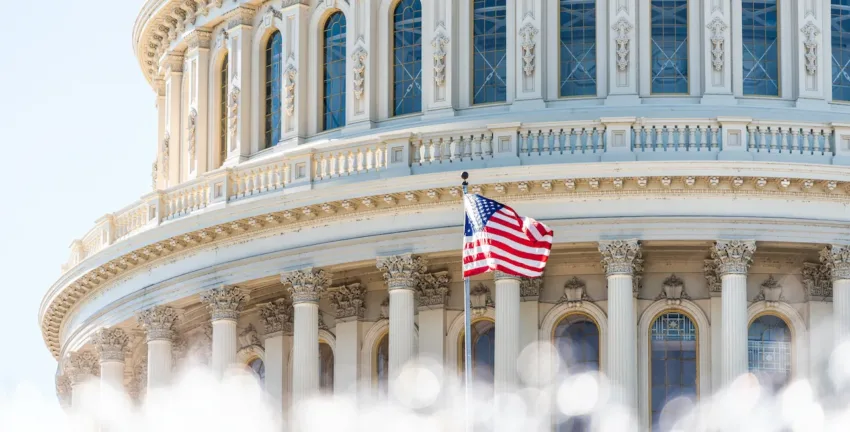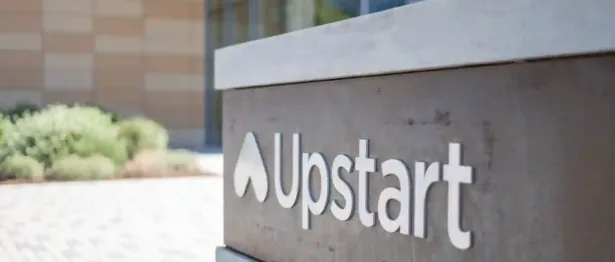By Nat Hoopes, Head of Government and Regulatory Affairs, Upstart
Earlier this week I left my position leading our industry’s trade association – The Marketplace Lending Association – to come lead the public policy function at Upstart. I’m excited to represent Upstart to state and federal legislators and regulators for a number of reasons.
First, Upstart is leveraging technology to build a better credit system for all. As one of the first to help banks apply artificial intelligence to consumer lending, Upstart is facilitating better outcomes for previously marginalized borrowers and reducing the price of borrowing for millions. I view the application of AI to lending as one of the most important transformations in banking in decades and Upstart is a pioneer in this area.
Upstart uses AI to provide responsible, affordable credit products to people who, through no fault of their own, would otherwise be stuck with potentially harmful credit options. Many borrowers who don’t fit the traditional definition of creditworthy end up with payday loans, high-rate title loans, a trip to the pawn shop, a high rate credit card, or a rent-to-own scam. Despite the claims of these lenders, financial products that make borrowers worse off aren’t “inclusive” but instead leave people further marginalized.
Upstart is using AI to address a key discrepancy that has led to this state of affairs: while 80% of Americans have never defaulted, only about half currently have a credit score that qualifies them for prime credit.* The failure of America’s credit scoring system to assess a customer’s true risk has been a festering problem that for far too long, has created an unfair credit system for minority borrowers. According to the Federal Reserve, traditional credit scores classify more than three times as many Black consumers (53%) and almost two times as many Hispanic consumers (30%) as White consumers (16%) into the lowest two deciles of credit scores [Source here].
While Upstart cannot and does not collect data on race or any other “protected class” variable from its applicants, the fair lending testing done for the Consumer Financial Protection Bureau (CFPB) shows that Upstart’s model increases access to credit across all tested race, ethnicity, and gender segments by 23-29% while also decreasing average annual interest rates by 15-17%. More recent results are even more encouraging: 2019 results showed that Upstart’s model increased approval rates for African-American applicants by more than 45% with 21% lower APRs compared to a traditional credit model.** That’s a big win for responsible financial inclusion.
Upstart is also a leader in transparency in AI model governance. For more than four years, the company has worked with the CFPB on a protocol to test advanced AI models to ensure they are fair, safe, and sound. Upstart is also having a transparent dialogue with consumer advocacy groups, and our political leaders on Capitol Hill, who share Upstart’s goal of building a more inclusive, fair credit system. Upstart’s commitment to work with the CFPB, across two administrations, to test its lending outcomes exemplifies this collaborative approach. I’m excited to have an opportunity to join Upstart to facilitate this dialogue.
* According to an Upstart retrospective study completed in December 2019.
** Based on annual internal Upstart studies which compare outcomes from Upstart’s underwriting and pricing model against outcomes from a hypothetical model that uses traditional application and credit file variables and does not employ machine learning (traditional lending model).



